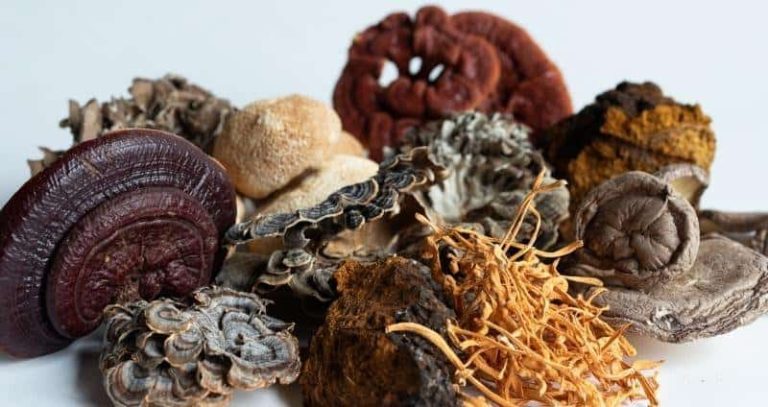Dry January- How to Make it Work for You
Embarking on Dry January—a month-long commitment to abstain from alcohol—offers a valuable opportunity to reassess your relationship with drinking and experience notable health benefits. I first tried this last summer from mid-May thru mid-June. I can give you the exact dates if you want.

Listen: What Alcohol Does to Your Body, Brain, and Health (Huberman Podcast) I like this for its technical analysis of what happens in the body more than for its description of social behaviors.
I’m doing dry January myself and couldn’t be happier. I am guaranteeing better sleep, better workouts, more energy to executive my vision, and overall, a less-inflamed body. Who doesn’t want that?
To ensure a successful and fulfilling Dry January, consider the following strategies:
1. Set Clear Intentions
Begin by defining your reasons for participating in Dry January. Whether it’s to improve health, enhance sleep quality, or break habitual drinking patterns, understanding your motivation will strengthen your commitment.
2. Plan for Social Situations
Anticipate events where alcohol is typically present. Prepare by bringing non-alcoholic beverages or suggesting alternative activities that don’t center around drinking. This proactive approach can help you navigate social settings without feeling left out.
3. Explore Non-Alcoholic Alternatives
Satisfy your palate with a variety of non-alcoholic drinks. Options like sparkling water, herbal teas, or creatively crafted mocktails can make the experience enjoyable and reduce feelings of deprivation.
4. Identify and Avoid Triggers
Recognize situations, environments, or emotions that typically prompt you to drink. By identifying these triggers, you can develop strategies to avoid or manage them effectively, reducing the likelihood of lapses.
Additional Reading:
- Doing dry January? Eat these foods to help you get through it,The Times
- Interested in Dry January? 5 Tips for an Alcohol-Free New Year, Health.com
- Tom Holland Says ‘Struggling Without Booze’ During Dry January Pushed Him Toward Sobriety, People
5. Seek Support and Accountability
Share your Dry January goals with friends, family, or support groups. Their encouragement can provide motivation, and discussing your experiences can offer valuable insights and reinforcement.
6. Focus on Nutrition and Well-being
Support your body during this period by maintaining a balanced diet rich in proteins, vitamins, and minerals. Proper nutrition can stabilize blood sugar levels, reduce cravings, and enhance overall well-being.
7. Reflect on Your Progress
Keep a journal to document your thoughts, challenges, and achievements throughout the month. Reflecting on your journey can provide insights into your habits and reinforce the positive changes you’re making.
By implementing these strategies, you can make Dry January a rewarding experience that contributes to your health and personal growth. Remember, the goal is to gain a better understanding of your relationship with alcohol and to explore the benefits of reduced consumption.






